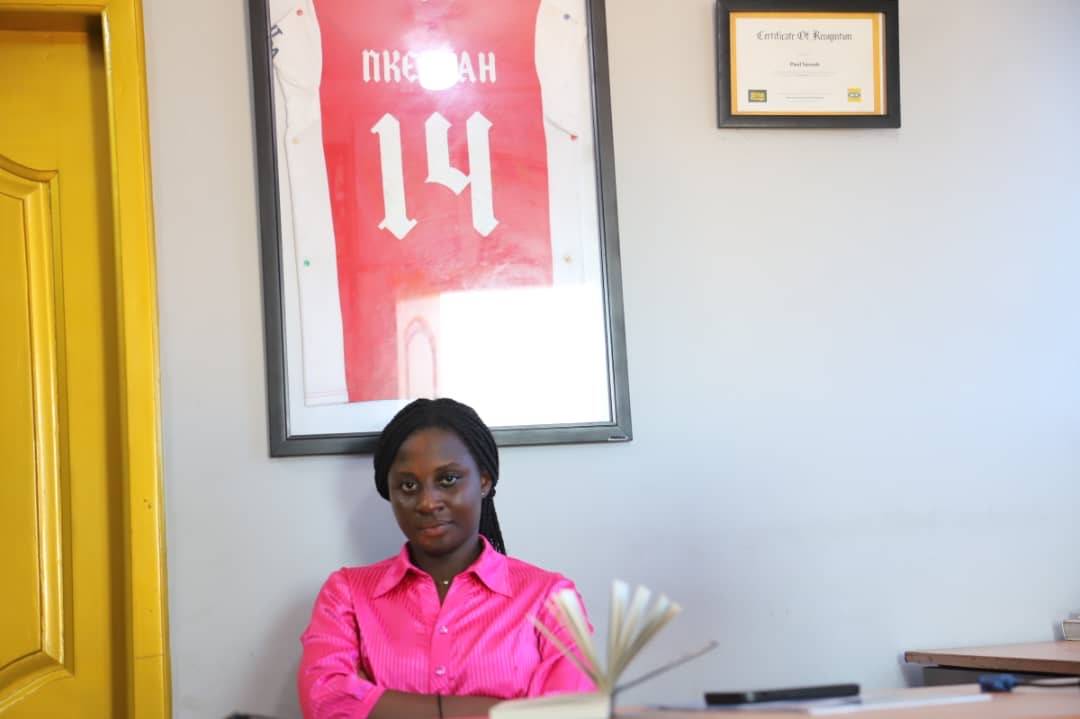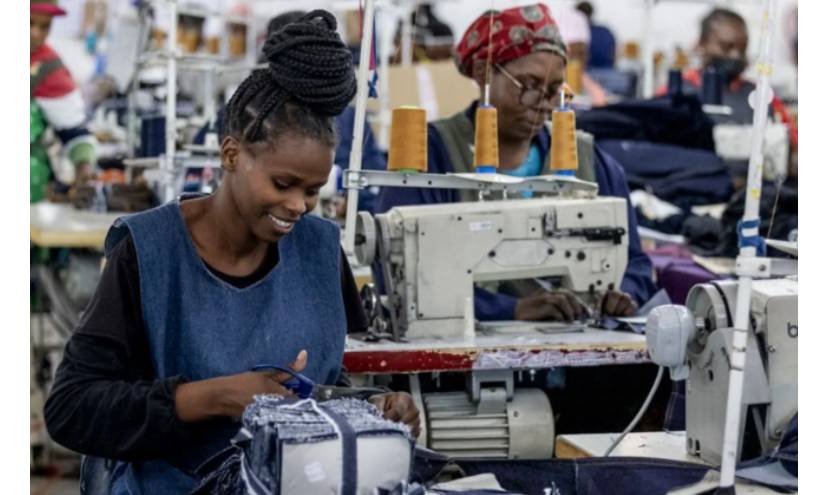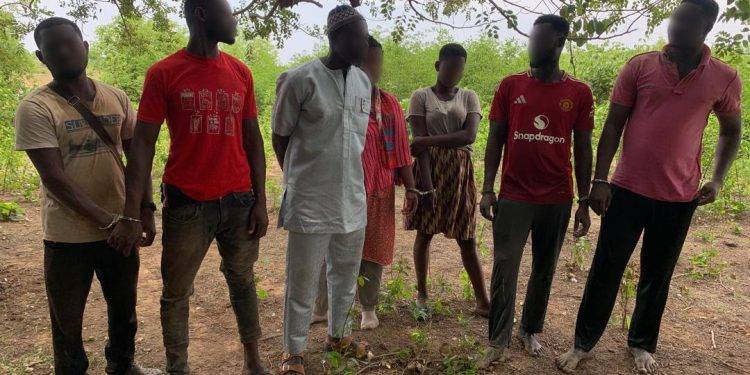Burkina Faso, Mali, and Niger Agree to Grace Period for ECOWAS Withdrawal

In a significant development for West African geopolitics, Burkina Faso, Mali, and Niger have collectively decided on a grace period for their withdrawal from the Economic Community of West African States (ECOWAS). This agreement reflects a unified approach by the three nations, which have been at odds with the regional bloc following a series of political and military shifts in the Sahel region.
Context of the Withdrawal
The decision to withdraw from ECOWAS follows a period of growing tensions between the bloc and the three countries, all of which have experienced military coups in recent years. ECOWAS, traditionally seen as a stabilizing force in West Africa, has imposed sanctions and issued warnings to member states that deviate from democratic norms. However, Burkina Faso, Mali, and Niger have pushed back, citing the need for sovereignty and a new regional vision.

Grace Period Details
The grace period agreement allows for a more structured and less abrupt exit from ECOWAS. It is seen as a pragmatic move to ensure that critical economic and security collaborations are not immediately disrupted. This period will likely involve negotiations over trade agreements, regional security operations, and the status of existing ECOWAS programs in the three countries.
Implications for Regional Stability
The withdrawal of Burkina Faso, Mali, and Niger from ECOWAS could have far-reaching implications for the region:
- Security Concerns: The Sahel region faces significant threats from extremist groups, and ECOWAS has played a role in coordinating counter-terrorism efforts. The exit of these nations may complicate these efforts and create a security vacuum.
- Economic Impact: ECOWAS facilitates trade and economic cooperation across West Africa. Withdrawal could disrupt supply chains and economic activities in the region.
- Geopolitical Shifts: The departure signals a potential realignment, with these nations exploring alternative alliances, possibly with other African blocs or global powers like Russia or China.
Broader Regional Dynamics
This development highlights the challenges ECOWAS faces in maintaining cohesion among its members, particularly as political instability and divergent national interests test its influence. The bloc will need to reassess its strategies to address the concerns of member states while upholding its commitment to democratic principles and regional integration.

A Pivotal Moment
As Burkina Faso, Mali, and Niger navigate this transition, the grace period provides an opportunity to redefine their relationships with ECOWAS and the broader West African community. The outcome of this process will shape the future of regional cooperation and stability in a volatile and strategically important part of the continent.
 blogpay
blogpay

























Total Comments: 0